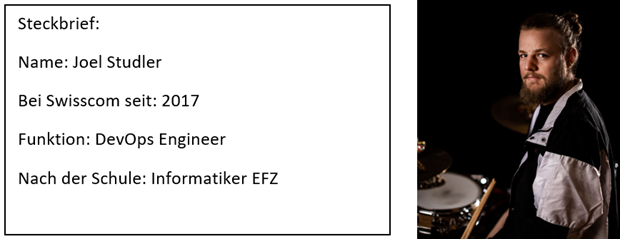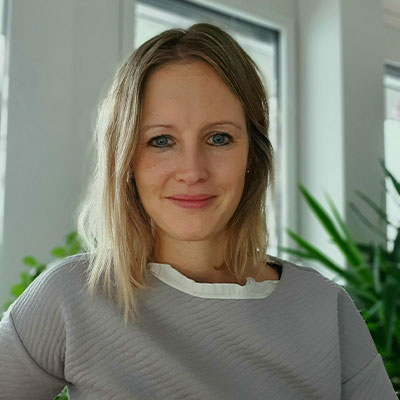That's certainly part of it, yes. In principle, I really appreciate the freedom and self-determination I'm given. That was already the case when I started here and hasn't changed in any of my roles. I also like the fact that we don't stand still. What I mean by that is that Swisscom shows a great willingness to break new ground, rethink the organisation and always try to get the best out of it. As a result, I experience a very strong team spirit and a pronounced feedback culture in my team.
I would add that in my job I can let off steam in what feels like a sandbox measuring three by three kilometres. My job is to build reliable services, but how I go about it and exactly how I do it is entirely up to me or us as a team - at least most of the time. Ultimately, it is also very pleasing that a large part of my work is based on open source technology. On the one hand, this allows me to have a say in which technology I want to work with and, on the other hand, it lets me delve very deeply into a technology and solve problems myself.
On the other hand, there are of course always challenges and tensions. Between conformists and revolutionaries, between Process and Product people, between demands for stability and the spirit of innovation. These conflicts are also a reality for us and can be found everywhere in one form or another. But without any conflicts, everyday working life would be a bit dull. I am also very excited about the work of our CEO Christoph Aeschlimann.


